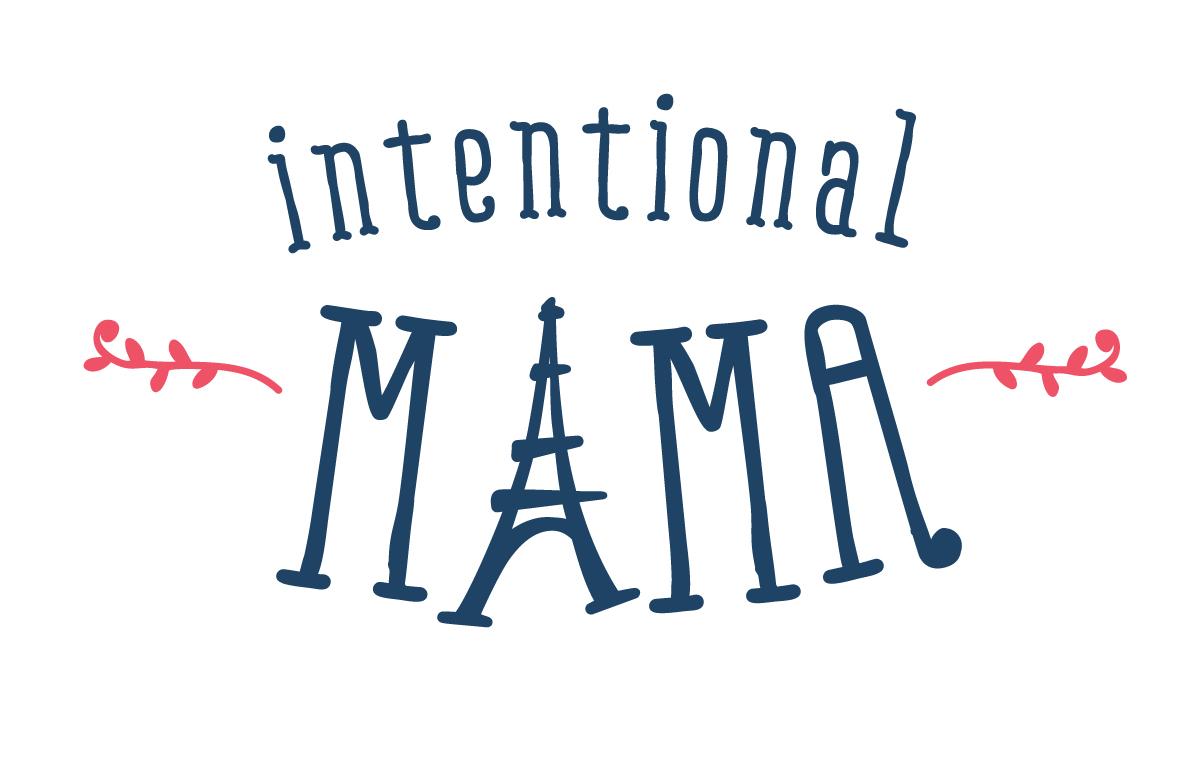Infant Pottying: Why It's A Sweet Way to Parent (and Have Fewer Diapers to Change)
A few weeks ago I shared some forgotten truths about newborns and I mentioned that newborns can use the potty. Western cultures like ours are largely ignorant about this, but in this Information Age, such knowledge is spreading again. If you aren't familiar with Infant Pottying, Elimination Communication (E.C.), or Natural Infant Hygiene, I'm glad to share what I've learned as we've raised our babies this way. It takes an open mind to read this without skepticism, but you can do it!
Long before paper and plastic diapers existed, parents knew that babies have an instinct to remain clean, can communicate their need to eliminate, and can easily regulate their bodily functions if their caregiver responds to their signals. In Asia, Africa, and South America, many parents still practice infant pottying (though they probably don't call it this, or have a name for it).
A mama in China holding her child off to the side to pee (photo credit)
Essentially, parents use baby's cues as well as timing to know when he or she needs to eliminate. The cues vary more than the timing, but parents learn to recognize them as they get to know their child. The lovely thing about it is that it keeps baby clean--less sitting helplessly in their own wetness or excrement--and it doesn't require landfills to handle tons of non-biodegradable diapers. There are other reasons people do it too: it's free, it helps you have a close relationship with your child, and it often leads to earlier potty-training than the conventional Western methods.
Parenting this way isn't as difficult as you might think. Most likely, you won't eliminate your use of diapers altogether because our culture isn't geared towards diaper-free parenting. But it still offers a chance to help you tune in to your little one's needs and enjoy the journey away from diapering.
Our six-month-old daughter on a little potty
I first learned about infant pottying when my daughter was eight weeks old, and I was excited when I saw how easy it was to help her pee and poo in the potty. I held her over the potty as a newborn, she used on a little potty as an infant, and she easily learned to use the toilet consistently and stay dry as a young toddler.
My firstborn son only recently learned to use the potty consistently on his own, but I am glad I was able to help him stay clean as an infant and toddler. He still has times when he won't bother walking to a potty when he needs to pee, but at least he's used to being clean and understands that using the potty is the best option.
Now, with our third newborn, I'm again thrilled to see how frequently babies can use the potty instead of a diaper. Our little guy still has plenty of wet diapers and a few dirty ones each day because I can't always read or respond to his signals and timing, but it's awesome to be able to tell--much of the time, anyway--when he has to eliminate, and I'm grateful for each wet or dirty diaper that we avoid. It's also nice to avoid situations like diaper blowouts and a dirty diaper just after being changed. Here's to la propreté (French for "potty-trained") as well as to an early start on cleanliness!
Elimination Communication by Lkonstanski
For more online info, check out diaperfreebaby.org and KellyMom's article on Infant Potty Training.
Books about infant pottying: The Diaper-Free Baby by Christine Gross-Loh, Diaper Free: The Gentle Wisdom of Natural Infant Hygiene by Ingrid Bauer, Diaper-Free Before Three by Jill Lekovic, and Infant Potty Training by Laurie Boucke. This last title is more unconventional but has intriguing info and photos from countries worldwide that practice infant pottying. (These are Amazon Affiliate book links.)



